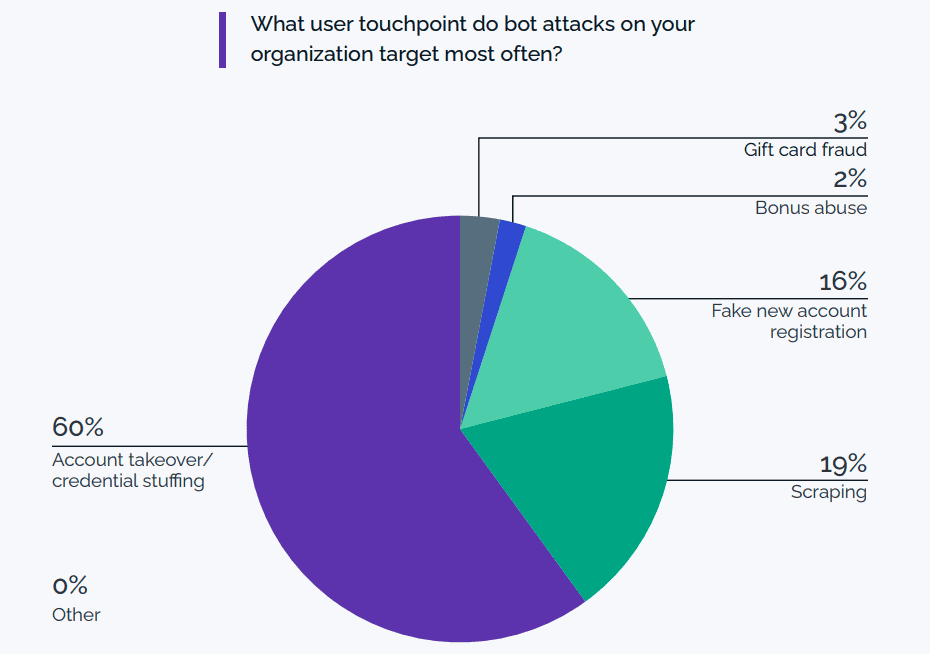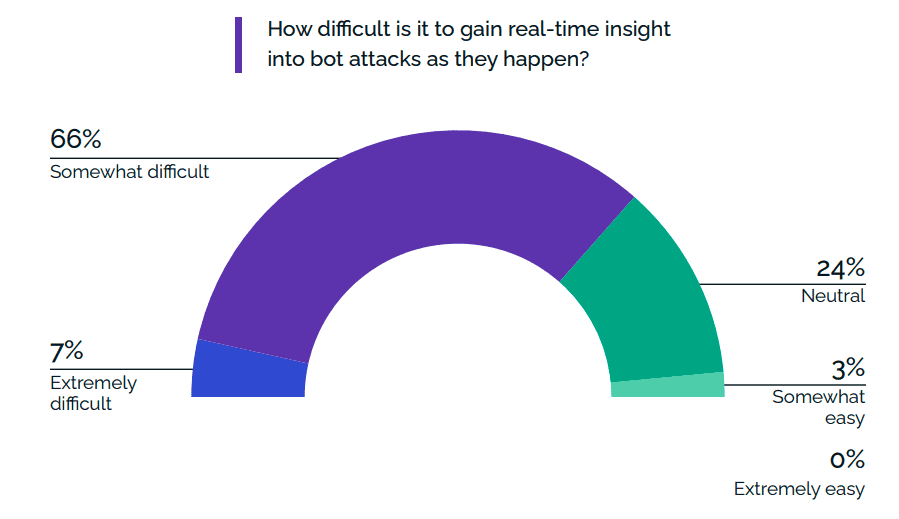For an ecommerce business, its website and online presence is its lifeblood. Digitally native consumers armed with smartphones and other IoT devices flock to convenient and accessible online stores. However, with the increase in online transactions and the growing popularity of ecommerce sites, cyberattacks have become more sophisticated and frequent. This makes it more important than ever before for ecommerce websites to provide a secure experience that protects consumers.
What is ecommerce security and why is it important?
eCommerce security is a set of measures taken to protect an online store and its customers from unauthorized access, theft, and fraud. A security breach can result in financial losses for both the customer and the business, as well as damage to the brand's hard-earned reputation.
By implementing these measures, eCommerce website owners can ensure that their platform is secure and that their customers can shop with confidence. One of the key components of ecommerce security is user authentication, which involves verifying the identity of legitimate customers and ensuring that only authorized users have access to sensitive data, like credit card information. Investing in ecommerce security not only helps protect your customers' data but also gives them peace of mind and increases their trust in your business.
Common ecommerce security threats
As online shopping continues to grow in popularity, it's important to be aware of the security risks associated with it. There are several common eCommerce security threats that website owners should be aware of, including:
- Phishing and other social engineering attacks
- Malware
- Data breaches
- Account takeover (ATO)
- Credential stuffing
Phishing attacks typically involve attempts to trick users into giving away their personal information such as a username and login credentials or credit card numbers. Malware can infect a website and steal sensitive information from customers. Malware can also be used to hijack IoT devices and form a botnet that can conduct large-scale attacks, like distributed denial of service (DDoS). Data breaches can occur when hackers gain access to a website's database and steal customer information such as names, addresses, and credit card numbers.
ATOs occur when a cybercriminal leverages stolen digital credentials, like an email address and password, to hijack a legitimate account and use it to make fraudulent purposes or other downstream attacks. Credential stuffing, on the other hand, occurs when a cybercriminal uses combinations of credentials at scale to log into an account. Much of this can be automated using bots.
What role do bots play in cyberattacks?
Bots are automated programs that can be used for both good and bad purposes. In the context of cyberattacks, bots can be used to carry out brute force attacks to crack passwords or launch DDoS attacks to overwhelm a website's servers. eCommerce websites are especially vulnerable to bot attacks as they deal with sensitive customer information and financial transactions.

Tips for securing your ecommerce website
Securing an ecommerce website is an essential task to protect both your business and your customers' private information. Here are some common security measures for protecting your ecommerce website:
Install an SSL certificate
One of the most important steps you can take to secure your eCommerce website is to install an SSL certificate. An SSL certificate helps to encrypt the data that is transmitted between your website and its users, making it more difficult for hackers to intercept and steal sensitive information such as credit card numbers.
In addition to improving security, having an SSL certificate can also improve your website's search engine rankings and build trust with your customers. There are different types of SSL certificates available, so it's important to choose one that meets your specific needs.
Implement two-factor authentication
Implementing two-factor authentication is an important security measure that can greatly enhance the protection of your ecommerce website. This feature requires users to provide two forms of identification before accessing their account, such as a password and a code sent to their phone via text message or email. By implementing this added layer of security, users can prevent unauthorized access to their personal and financial information.
Use secure passwords
One of the most basic yet vital steps in securing your eCommerce website is to use strong and unique passwords for each user account. Avoid using common or easily guessable passwords and opt for a combination of upper and lowercase letters, numbers, and special characters. Regularly changing your passwords is also important, as well as never sharing them with anyone. To make this process easier, consider using password managers that can securely store and generate complex passwords for you.
Educate your employees and customers
Educating both your employees and customers about safe practices can be the difference between a data breach or not. Employees should be trained on how to identify phishing scams and suspicious emails, as well as how to keep their own devices secure. It's also important for customers to be informed about the importance of creating strong passwords and not sharing personal information online. Remind them to always look for the "https" in the website address bar, which indicates that the site is using SSL encryption to protect their information.
Monitor website activity
Monitoring website activity, including traffic, is also an important aspect of securing an ecommerce website. This can help security teams identify and prevent security threats before they become a bigger issue. To make the monitoring process easier, you can use third-party tools to help keep an eye on your site. Set up alerts for any unusual or anomalous activity, such as failed login attempts, changes to site content, or traffic increases.

Partnering with an ecommerce security provider
One of the best practices for securing your eCommerce site is to partner with a professional ecommerce security provider, like Arkose Labs. A reputable provider will ensure that your website is secure and protected against cyberattacks while also giving security teams visibility into their traffic.
Arkose Labs classifies traffic based on the underlying intent of users and deploys appropriate countermeasures to remediate attacks in real-time.These countermeasures, in the form of Arkose MatchKey challenges, are tailored to put the right amount of pressure on an attacker without compromising the good user experience. Arkose Labs goes beyond stopping individual attacks to deliver a long-term solution that deters cybercriminals long term by removing the economic incentive to cybercrime and fraud.
If you want to partner with Arkose Labs to secure your business’ data, and that of your customers, book a meeting with us today.
